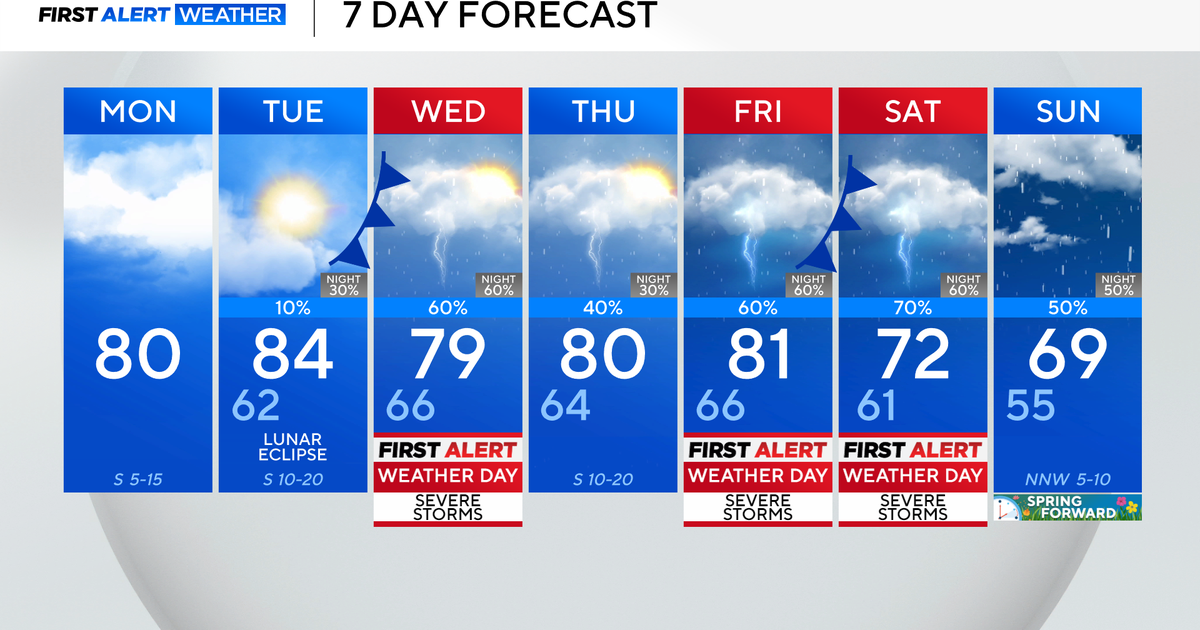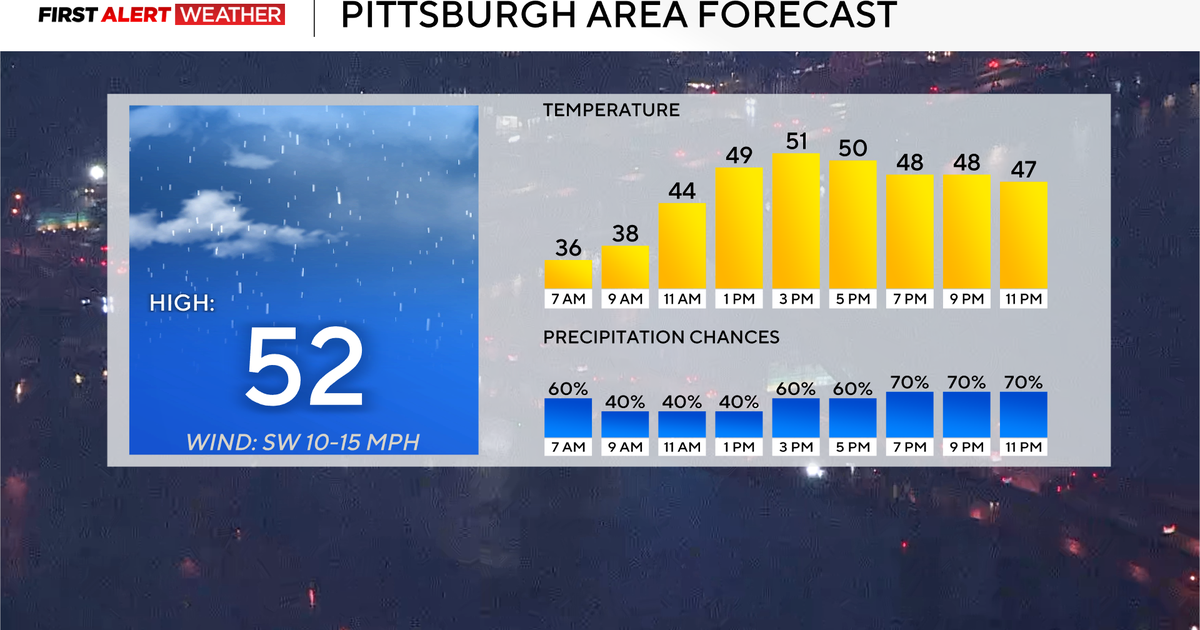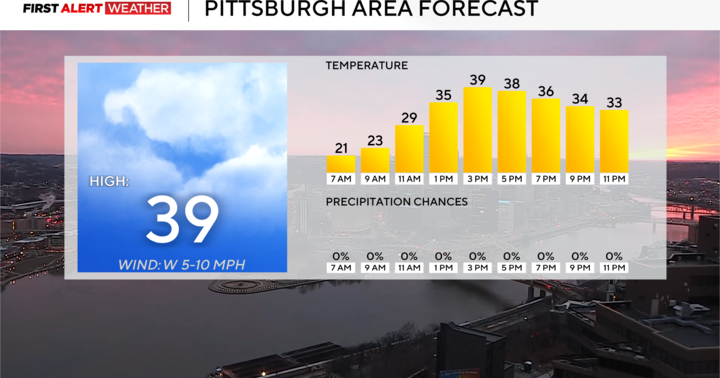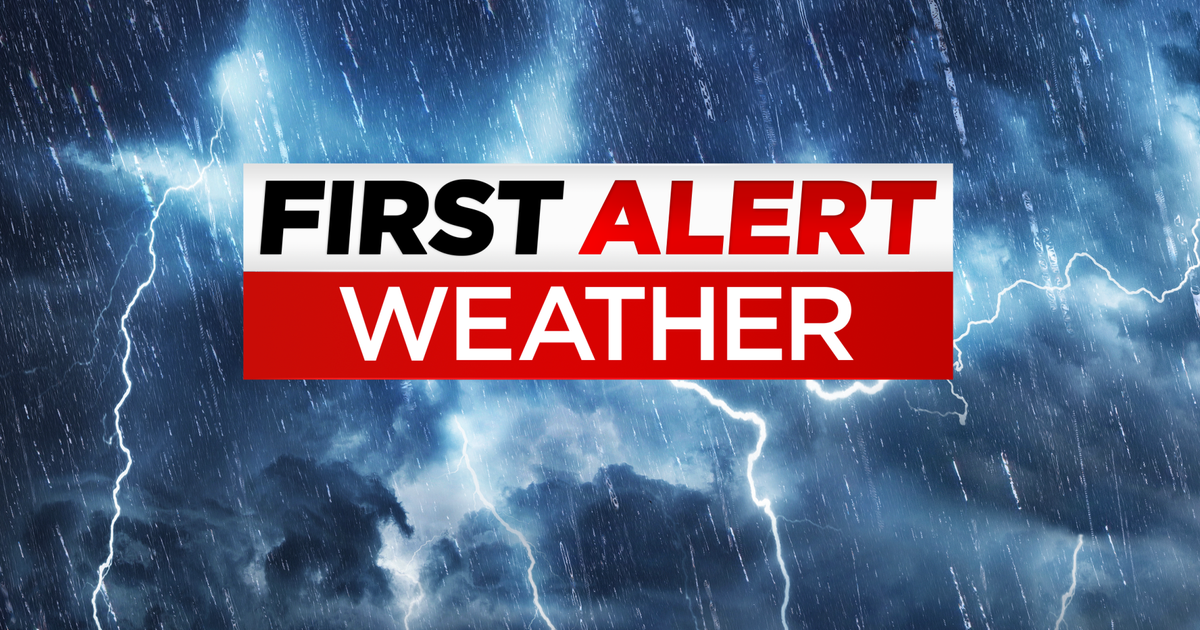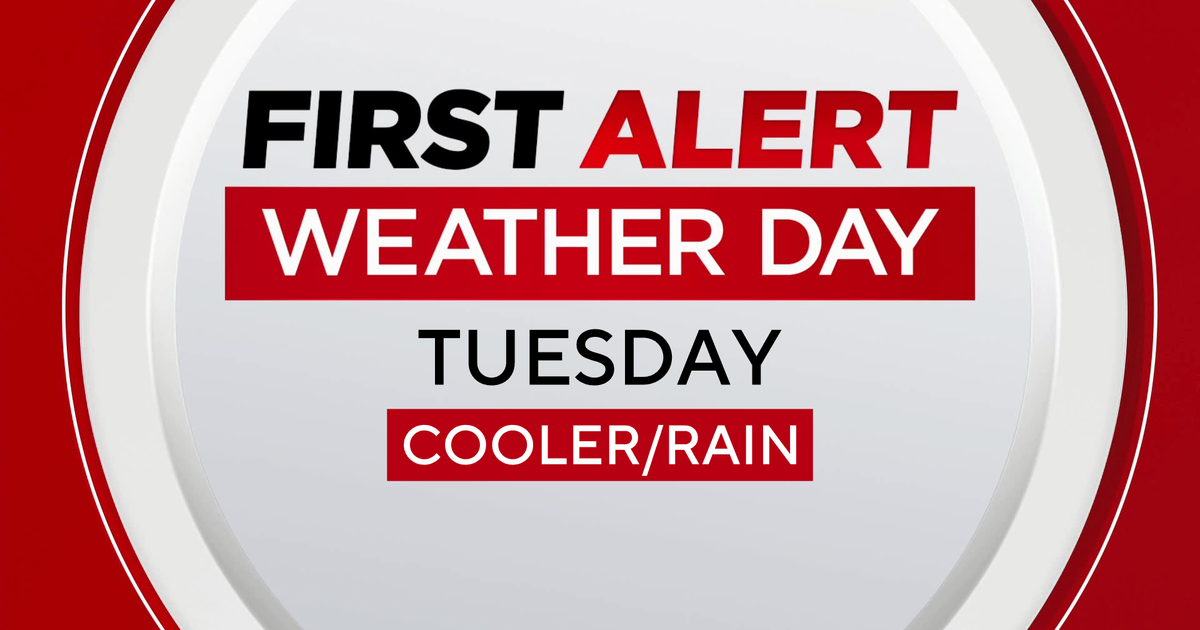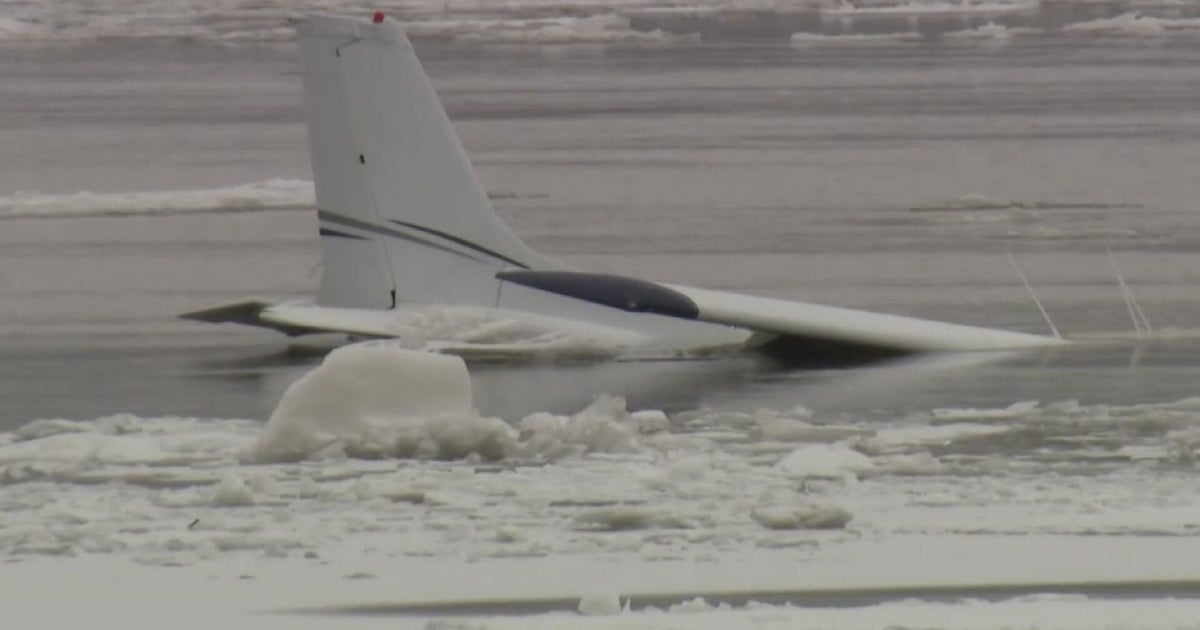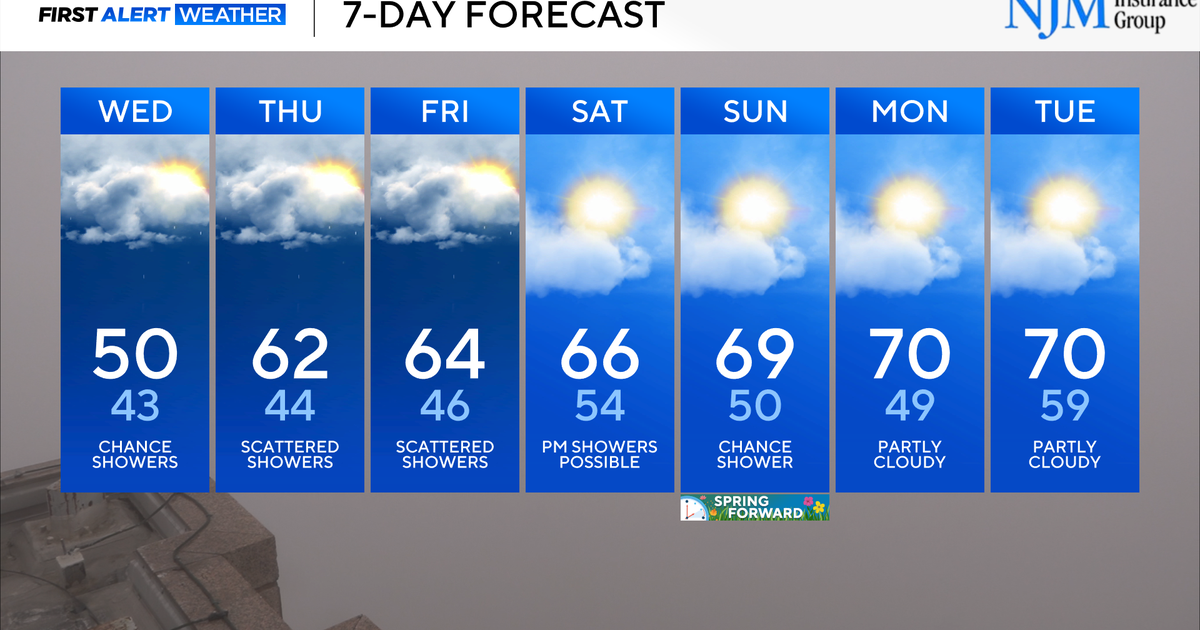CBS New York's Severe Weather Guide
What do you need to do to protect your home and your family when severe weather hits? Below are some preparedness tips everyone should know:
Stay Informed
You always want to stay ahead of the storm when it comes to information.
- Watch CBS2 for the very latest updates.
- Listen to NOAA Weather Radio for the latest emergency weather information.
- Track the storm to see where it's headed and how strong it will be when it gets there.
Check Your Local Forecast: Forecast & Alerts | Traffic & Transit Guide
Protect Your Family
Every family should have an emergency supply kit ready to go in case disaster strikes. The Red Cross says there are several essential items that should be included in any emergency supply kit.
- Water - At least a three-day supply of one gallon per person, per day.
- Food - At least a three-day supply of non-perishable, easy to make food.
- Battery-powered or hand-crank radio.
- Extra batteries.
- Flashlights.
- First aid kit.
- Medications - at least a seven-day supply. Your should also include other medical items like hearing aids, glasses, contacts, syringes.
- Multi-purpose tool.
- Sanitation and personal hygiene items.
- Cell phone with chargers.
- Copies of personal documents: passports, birth certificates, etc.
- Family and emergency contact information.
- Extra cash.
- Baby supplies.
- Pet supplies.
- A whistle to signal for help.
- Local maps.
For more information about emergency supply kits, click here.
Protect Your Home
There are several things you can do to protect your home from damage during a hurricane, according to Ready.gov.
- Cover your windows with plywood or hurricane shutters to keep high winds from breaking windows.
- Bring all outdoor furniture or other loose items inside.
- Reinforce garage doors.
- Install a backup generator for emergencies.
- Make sure you have extra water on hand for cleaning, bathing and flushing toilets. Ready.gov recommends filling the bathtub and other large containers with water.
- Turn off propane tanks.
For more tips about protecting your home, click here.
Know Your Evacuation Route
In case you need to evacuate, you should know the best and most direct way out-of-town. Below are resources to help find evacuation routes and other emergency information for your area:
Shelter Down
If you have nowhere to go during a weather emergency, there are plenty of shelters in place. Below are links about emergency shelters in your area.
Don't Forget The Pets
If you have pets, don't leave them out of your emergency plans. The National Hurricane Center and FEMA have some key tips for keeping your pets safe.
- Have extra pet food and water on hand plus any necessary medications.
- Make sure your pets are current on their vaccinations.
- Have a current photograph in case your pet gets lost.
- Make sure your pet is wearing a collar with identification and have a leash on hand.
- Have properly sized pet carriers for each animal.
- Have a place to take your pet - kennels, veterinary clinics and the homes of friends and relatives are all places you can take your pet in an emergency. Most emergency shelters will not take pets.
- Find a pet-friendly motel at www.petswelcome.com.
For more information about planning for your pet, click here.
After The Storm
After any severe storm, there could be damage, including flooding, downed trees, power outages, broken glass and more. The Red Cross says there are several things you should do after a hurricane hits.
- Stay informed - keep listening to NOAA Weather Radio broadcasts or your local news for the latest updates.
- Only return home when officials say it's safe.
- Drive only if necessary and avoid flooded roads.
- Stay away from loose or dangling power lines and report any you may see to local power companies.
- Inspect your home for damage.
- Take pictures of the damage for your insurance company.
- Avoid drinking or cooking food with tap water until you know it's safe.
- Wear protective clothing.
- Be careful walking around damaged areas in your home.
- Throw away any spoiled food.
For more information about what you should do after the storm, click here.
Power Outages
Click on the links below for information from utilities in your area.
New York:
New Jersey:
Connecticut:
Weather Links
Here are some additional weather links to help keep an eye on the storm.
Here are some additional hurricane links and resources.
- What Is A Hurricane? (National Weather Service)
- What Is A Tropical Storm? (National Weather Service)
- What Is A Storm Surge?
- Marine Safety
- High Winds
- All About Inland Flooding
- History Of Hurricanes
- New York City Hurricane Evacuation Zones (pdf)
- Red Cross Hurricane Safety Guide
- FEMA Hurricane Information
- National Hurricane Center Safety Tips
